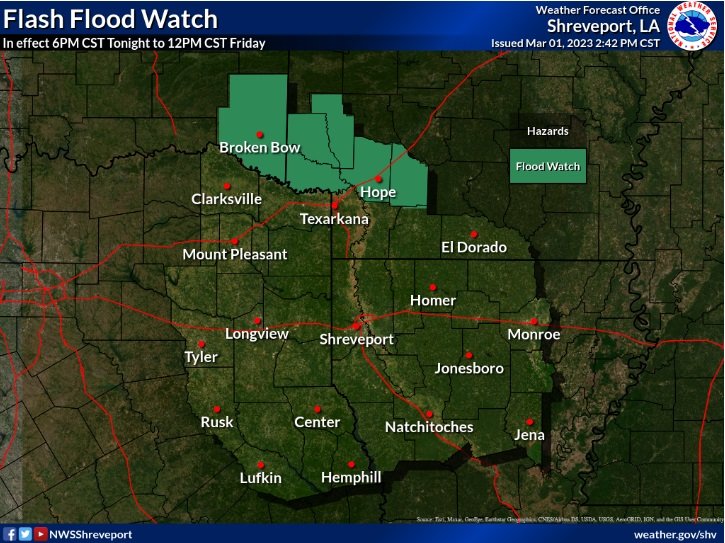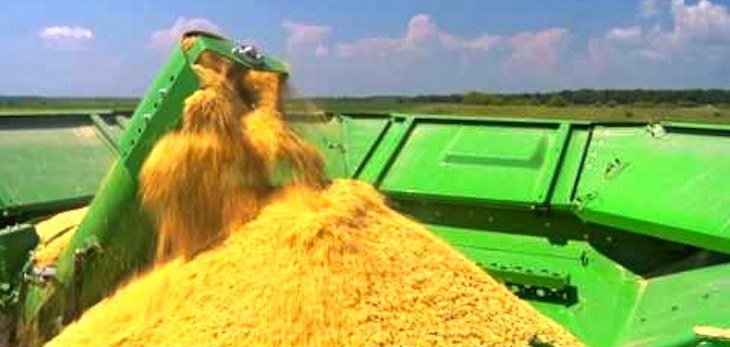Nearly 500 Arkansas 4-H members, agents, leaders and volunteers from 52 of the state’s 75 counties participated. There was widespread applause after the reading of resolutions in the House and Senate, recognizing the positive impact of the Arkansas 4-H program on youth and proclaiming Feb. 28 as 4-H Day.
The gathering is usually held every other year, when the Legislature is in session. Because of the COVID-19 pandemic, however, the 2021 event was canceled.
“This is the first time in four years that we’ve been able to bring 4-Hers to the Capitol, and we’re excited our youth have this opportunity to meet with their legislators and learn more about state government,” Bob Scott, director of the Cooperative Extension Service, said.
4-H is the youth development program of the Cooperative Extension Service, part of the University of Arkansas System Division of Agriculture. The program serves more than 144,000 youth and is available in every county. At its core, the program promotes civic engagement and leadership, healthy living and science. Members can choose from among 50 project areas to develop their skills and knowledge.
On Tuesday, 4-H members learned about the role of the state’s constitutional officers and heard from many of them, including Lt. Gov. Leslie Rutledge, Attorney General Tim Griffin, Treasurer Mark Lowery, Secretary of State John Thurston and Commissioner of State Lands Tommy Land.
Rutledge praised the 4-H program for the values it instills in youth. She said she is often asked about being the first female lieutenant governor and said, “I tell people if a girl can get through junior high, she can do anything. To all you young ladies and men, you can do anything.”
Thurston praised the group for taking the initiative to learn about government and encouraged them to register to vote when they are old enough.
“When you turn 18, it is your responsibility to show up and vote,” he said. “No one will make you register. It is your right and privilege, but you have to exercise that right.”
Attorney General Tim Griffin urged the group to get to know their elected officials.
“A lot of people get to know their elected officials only when they need something. That’s the wrong way to do it,” Griffin told the group. “Get to know your elected officials early in life. Learn the process. Develop meaningful relationships now, so that when you become a community leader — and you will be — you will know people. When leaders know other leaders, they can’t be stopped.”
Many youth took advantage of the day to do exactly that. Members of Newton County 4-H visited with Rep. Bryan King and discovered that they know a lot of the same people in Northwest Arkansas.
Rep. Harlan Breaux searched through the crowd of 4-H members on the second floor of the Capitol rotunda until he saw a Boone County 4-H sign. Boone County 4-H members Isaac Majano, Dominic Eddings and Jaycee Carter were eager to talk to him.
The visit to the Arkansas Capitol was a first for dozens of youth. John Sawyer Murphy, 13, and Brooke Rawls, also 13, both of Bradley County in southern Arkansas, were among the first-time visitors.
“I’ve always wanted to see inside it because it looks cool,” Murphy said.
Throughout the day, the youth attended sessions in the House, Senate and Arkansas Supreme Court, where they saw government in action. They also visited the Treasurer’s Office, where they posed for pictures while holding $600,000 in cash inside the vault.
Vallie Yancey, 14, Ryker Shofner, 12, McKenna Cousins, 14, and Jade Emitt, 13, all of Madison County, were also among the first-time visitors to the state Capitol. Yancey, who has an animal science project, said she was interested in being a state constitutional officer. “I wanted to know more about what they do,” she said.
Making the best better
Many 4-H members are actively engaged in their communities and talked about how they live out the 4-H motto: “to make the best better.” Through project work in their respective areas of interest, they learn leadership and citizenship skills.
Emily Horton, 13, of Benton County, has been in 4-H for two years and talked about her music project.
“Singing and playing violin in front of larger audiences has really helped me gain confidence,” she said.
Belvia Powers, 13, has been a 4-H member for seven years and raises dairy goats. As part of her veterinary science project, she collects donations to provide cleaning supplies for a local animal shelter. Both Horton and Powers will also help lead a summer camp for Cloverbuds, the youngest group of 4-H members.
Abigail Catron, 17, from Craighead County, started a “Blessing Backpacks” project last year, for which she collects and packs items to give to children in foster care. The backpacks contain items such as blankets, shampoo, combs, ponytail holders, deodorant and something fun — like a deck of cards.
To learn more about 4-H and how to get involved, visit https://4h.uada.edu/. To learn about extension programs in Arkansas, contact your local Cooperative Extension Service agent or visit www.uaex.uada.edu. Follow us on Twitter and Instagram at @AR_Extension. To learn more about Division of Agriculture research, visit the Arkansas Agricultural Experiment Station website: https://aaes.uada.edu. Follow on Twitter at @ArkAgResearch. To learn more about the Division of Agriculture, visit https://uada.edu/. Follow us on Twitter at @AgInArk.



























